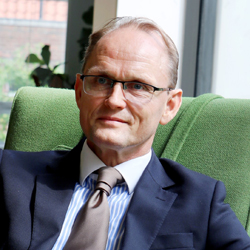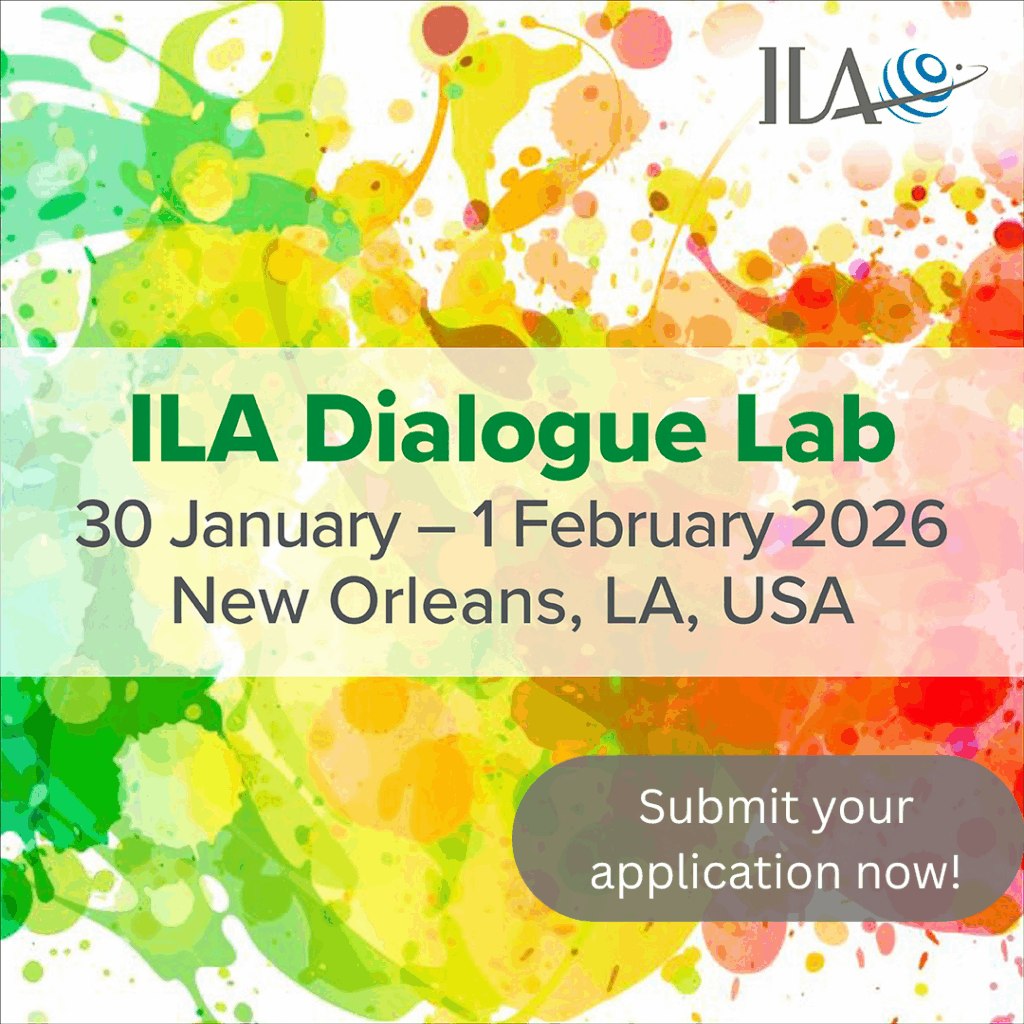
by Johan Roos
Chief Academic Officer, HULT International Business School, UK
12 June 2020
Share:
The Covid-19 pandemic is testing every thread in the fabric of humanity – our personal lives, families, jobs, communities, companies, nations and the entire world as we know it. What is the most threatening perhaps, there is a clear and present danger that ill-informed decisions taken by governments wreak unnecessary and deadly havoc to our economies and societies.
This crisis stretches our limits of what is unthinkable and impossible in the modern world, post-WWII. While the globe has suffered many crises before, this pandemic is unique. During the Great Recession, people who lost their job could still meet at a café to chat and recharge. Now they are quarantined, as we all are. There is no escape and no real promise of when we can return to normal. In fact, the old normal may never exist again.
With no revenues, many companies face wholesale financial liquidation that will threaten the functioning of markets. Cash transfers to the unemployed, interest-free loans and corporate bailouts will help in the short term but these risk overwhelming governments and creating a vicious cycle leading to economic depression. Social distancing may flatten the curve, but it too risks destroying communities, generating alienation and resentment, and even cultivating crime.
The big question is how public and private leaders can best lay new economic, social, and psychological cornerstones for global and sustainable post-Corona growth? What fiscal and monetary policies will make most sense following the panic decisions we see now? What new models of economic value creation will work to regenerate prosperity? In which direction should innovations be directed? How do we best organize jobs and work? What will our educational systems look like? What kind of leadership is needed to make smart changes happen? What type of follower-ship does it imply?
As a professor, former Dean, and now the Chief Academic Officer of an international business school, I suggest that these very problems lie at the crossroads of business school research. Professors with this background have the curiosity, awareness of theory, and engagement with practice that enable them to ask the right new questions and suggest the best new answers to the complex economic and business problems we now face. Meanwhile, our colleagues in the natural sciences, engineering, medicine, and the humanities have the brainpower and curiosity to push the frontier to help shape new solutions and policies.
Intellectuals of the world, please unite. The more thinking and dialogue among capable intellectuals wherever they are, the better our collective chances to help policymakers and company leaders everywhere make informed decisions rather than imposing singular quick (and often self-interested) fixes while entire economies are decimated and social unrest waits around the corner. Our work may even prevent some authoritarians from using the crisis to decimate democracy.
The more thinking and dialogue among capable intellectuals wherever they are, the better our collective chances to help policymakers and company leaders everywhere make informed decisions rather than imposing singular quick (and often self-interested) fixes while entire economies are decimated and social unrest waits around the corner.
We must learn from the past how important the input of intellectuals is. The 9/11 report concluded that a “failure of imagination” explained why the US society was so unprepared for that catastrophe. Let us engage our educated imagination to describe how we see the practical problems, create entirely new ways of dealing with them, and challenge what we take for granted. It is time to stretch what is “impossible” and “unthinkable”!
What concepts, models, theories and tools can guide public and private leaders as they balance ethical demands with the need for practical effectiveness and economic sanity after this crisis? How can we fashion a smart post-pandemic economy? What activities can make our societies more poised to deal imaginatively, effectively, and responsibly with the next big viral threat? How can we detect early warning signals in an ocean of ambiguity? How can we choose the best next steps with very limited information? How do we best coordinate across time and space, be it on-line and face-to-face?
It may be that the world needs a Global Post-Covid-19 Commission to help guide the policies needed to re-build economies, world trade, and our societies, but we know how difficult it will be for a United Nations-type of organisation to take shape and actually work. Until then, we need capable intellectuals who can formulate guidelines for how public and private leaders can best lay the economic and social future of the world.
If you are an intellectual in academia, you have a duty to engage in the public debate. Use your knowledge, practical experience, imagination, and intuition to create, describe, and challenge in text or videos, and channel your ideas into the appropriate media. If there were ever a time for intellectualism to be respected and listened to, it is now!
Originally published on LinkedIn and republished on the EFMD blog platform.

Johan Roos is management professor and leader in academia known for his work on intellectual capital and serious play. He currently serves as the Chief Academic Officer at HULT International Business School, having previously led both Jönköping International Business School and Copenhagen Business School. He has also held academic positions at IMD, Stockholm School of Economics, Norwegian Business School, and Wharton School, and he was the founding director of Swiss-based Imagination Lab Foundation.

